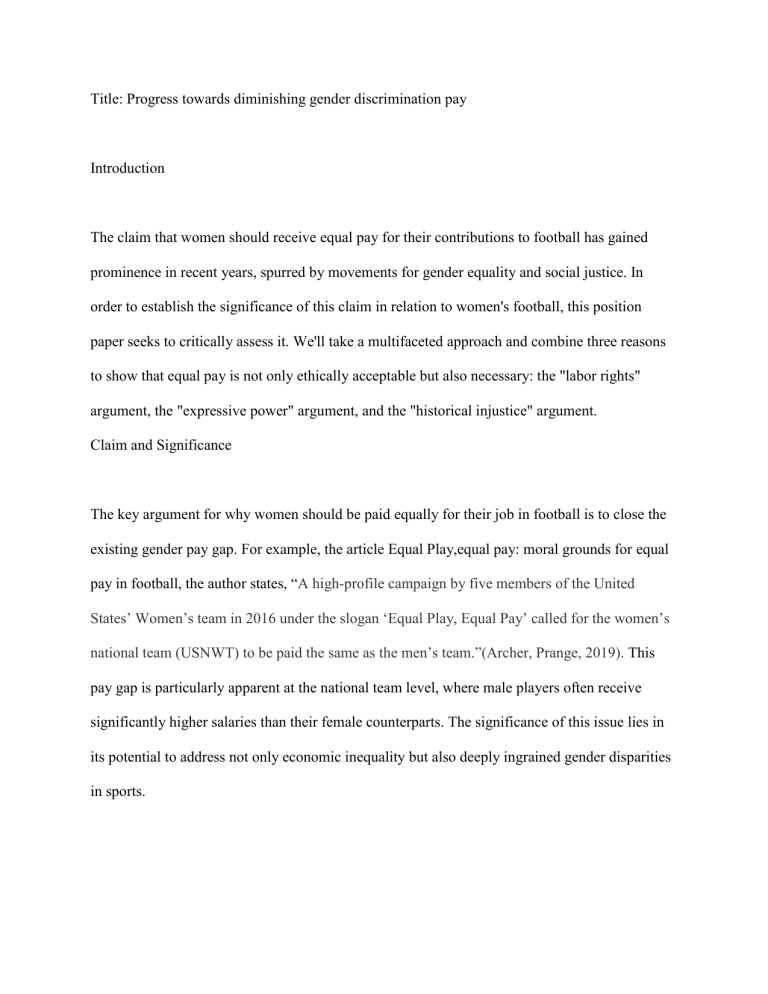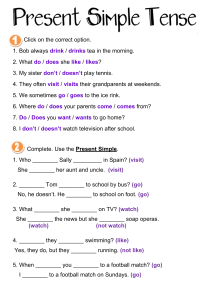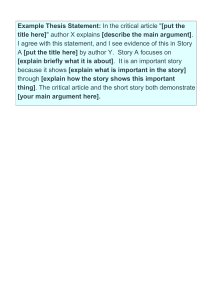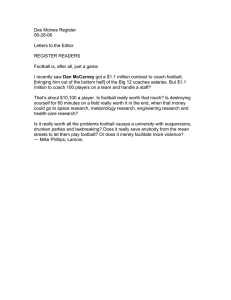
Title: Progress towards diminishing gender discrimination pay Introduction The claim that women should receive equal pay for their contributions to football has gained prominence in recent years, spurred by movements for gender equality and social justice. In order to establish the significance of this claim in relation to women's football, this position paper seeks to critically assess it. We'll take a multifaceted approach and combine three reasons to show that equal pay is not only ethically acceptable but also necessary: the "labor rights" argument, the "expressive power" argument, and the "historical injustice" argument. Claim and Significance The key argument for why women should be paid equally for their job in football is to close the existing gender pay gap. For example, the article Equal Play,equal pay: moral grounds for equal pay in football, the author states, “A high-profile campaign by five members of the United States’ Women’s team in 2016 under the slogan ‘Equal Play, Equal Pay’ called for the women’s national team (USNWT) to be paid the same as the men’s team.”(Archer, Prange, 2019). This pay gap is particularly apparent at the national team level, where male players often receive significantly higher salaries than their female counterparts. The significance of this issue lies in its potential to address not only economic inequality but also deeply ingrained gender disparities in sports. The "Labor Rights" Argument According to the "labor rights" argument, the fundamental rule of fairness is equal remuneration for equal work. Fairness and non-discrimination ideals are paralleled in this argument. It asserts that based on their performance, dedication, and effort, men and women who compete in the same sport should be compensated fairly. This can be shown when the article illustrates that, “The two teams play at equivalent levels and devote equivalent amounts of time and energy to doing so and so they should be paid the same salary.”(Prange, Archer, 2019). This argument invokes moral principles that underscore the importance of treating all athletes with fairness and respect. As Watson, Webb, and Birdi put it in their empirical investigation into employees' perceptions of their place in the labor market: "an employee’s perception, or opinion, of his or her own worth (i.e., their productivity) is dependent on their current labor market outcome (i.e., their wage)." This observation highlights the significance of fair wages in determining athletes' self-worth and societal perceptions. The "Expressive Power" Argument The "expressive power" argument focuses on the message conveyed by wages in football. According to Dobos, "Given the way our minds work, and especially against a certain ideological backdrop, wages have expressive power. They say something to the worker about the value of her labor." This perspective emphasizes that wages are not merely economic indicators but also symbols of an athlete's worth. Dobos' argument supports the idea that equal pay can send a powerful message about the equal value of men's and women's football, transcending mere economic considerations. The "Historical Injustice" Argument The "historical injustice" defense contends that because many national football associations have historically hindered the growth of women's football, they have a moral obligation to correct the gender pay disparity. These associations are accountable for ending the historical discrimination women's football experienced due to the early 20th century ban on the sport and the following underfunding of it. Conclusion Equal pay for women in football is not only morally justifiable but is a moral imperative. It encompasses principles of fairness, non-discrimination, and rectification of historical injustices. To effect meaningful change, football associations must accept their political responsibility in reshaping the narrative of football, investing in women's football, and promoting an inclusive and equal environment for all. By addressing the gender pay gap, football associations can take a significant step towards achieving gender equality within the sport and demonstrating leadership in the pursuit of justice and fairness. References Archer, A., & Prange, M. (2019, May 30). ‘Equal play, equal pay’: moral grounds for equal pay in football.




